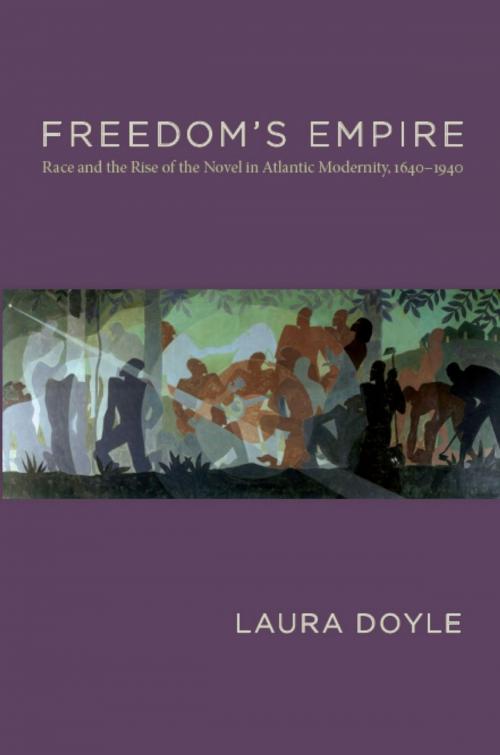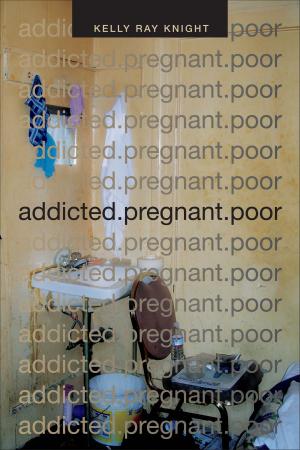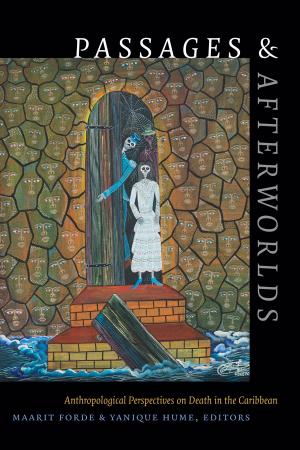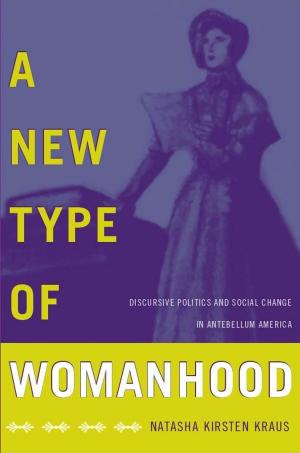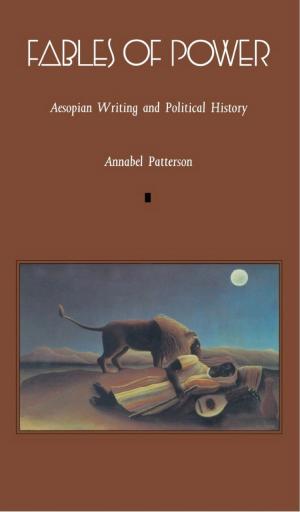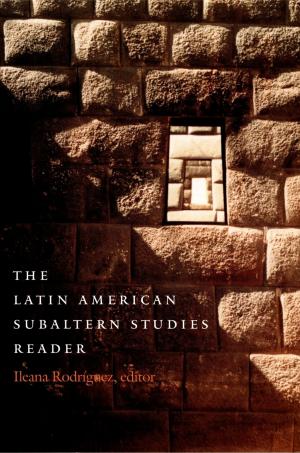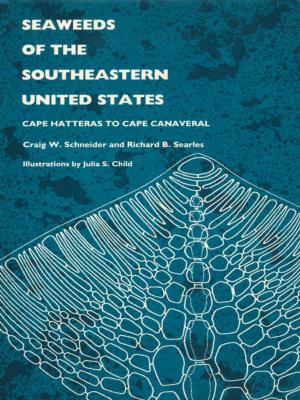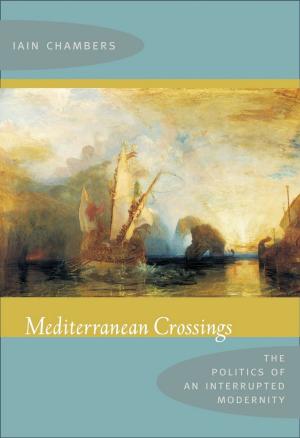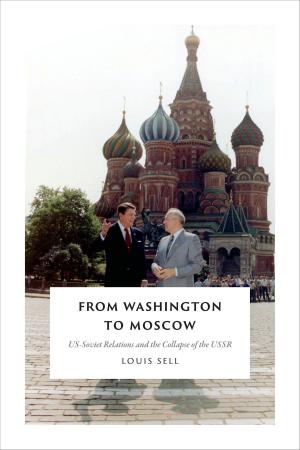Freedom's Empire
Race and the Rise of the Novel in Atlantic Modernity, 1640-1940
Fiction & Literature, Literary Theory & Criticism, Women Authors, British, American| Author: | Laura Doyle | ISBN: | 9780822388739 |
| Publisher: | Duke University Press | Publication: | January 11, 2008 |
| Imprint: | Duke University Press Books | Language: | English |
| Author: | Laura Doyle |
| ISBN: | 9780822388739 |
| Publisher: | Duke University Press |
| Publication: | January 11, 2008 |
| Imprint: | Duke University Press Books |
| Language: | English |
In this pathbreaking work of scholarship, Laura Doyle reveals the central, formative role of race in the development of a transnational, English-language literature over three centuries. Identifying a recurring freedom plot organized around an Atlantic Ocean crossing, Doyle shows how this plot structures the texts of both African-Atlantic and Anglo-Atlantic writers and how it takes shape by way of submerged intertextual exchanges between the two traditions. For Anglo-Atlantic writers, Doyle locates the origins of this narrative in the seventeenth century. She argues that members of Parliament, religious refugees, and new Atlantic merchants together generated a racial rhetoric by which the English fashioned themselves as a “native,” “freedom-loving,” “Anglo-Saxon” people struggling against a tyrannical foreign king. Stories of a near ruinous yet triumphant Atlantic passage to freedom came to provide the narrative expression of this heroic Anglo-Saxon identity—in novels, memoirs, pamphlets, and national histories. At the same time, as Doyle traces through figures such as Friday in Robinson Crusoe, and through gothic and seduction narratives of ruin and captivity, these texts covertly register, distort, or appropriate the black Atlantic experience. African-Atlantic authors seize back the freedom plot, placing their agency at the origin of both their own and whites’ survival on the Atlantic. They also shrewdly expose the ways that their narratives have been “framed” by the Anglo-Atlantic tradition, even though their labor has provided the enabling condition for that tradition.
Doyle brings together authors often separated by nation, race, and period, including Aphra Behn, Eliza Haywood, Olaudah Equiano, Nathaniel Hawthorne, Harriet Wilson, Pauline Hopkins, George Eliot, and Nella Larsen. In so doing, she reassesses the strategies of early women novelists, reinterprets the significance of rape and incest in the novel, and measures the power of race in the modern English-language imagination.
In this pathbreaking work of scholarship, Laura Doyle reveals the central, formative role of race in the development of a transnational, English-language literature over three centuries. Identifying a recurring freedom plot organized around an Atlantic Ocean crossing, Doyle shows how this plot structures the texts of both African-Atlantic and Anglo-Atlantic writers and how it takes shape by way of submerged intertextual exchanges between the two traditions. For Anglo-Atlantic writers, Doyle locates the origins of this narrative in the seventeenth century. She argues that members of Parliament, religious refugees, and new Atlantic merchants together generated a racial rhetoric by which the English fashioned themselves as a “native,” “freedom-loving,” “Anglo-Saxon” people struggling against a tyrannical foreign king. Stories of a near ruinous yet triumphant Atlantic passage to freedom came to provide the narrative expression of this heroic Anglo-Saxon identity—in novels, memoirs, pamphlets, and national histories. At the same time, as Doyle traces through figures such as Friday in Robinson Crusoe, and through gothic and seduction narratives of ruin and captivity, these texts covertly register, distort, or appropriate the black Atlantic experience. African-Atlantic authors seize back the freedom plot, placing their agency at the origin of both their own and whites’ survival on the Atlantic. They also shrewdly expose the ways that their narratives have been “framed” by the Anglo-Atlantic tradition, even though their labor has provided the enabling condition for that tradition.
Doyle brings together authors often separated by nation, race, and period, including Aphra Behn, Eliza Haywood, Olaudah Equiano, Nathaniel Hawthorne, Harriet Wilson, Pauline Hopkins, George Eliot, and Nella Larsen. In so doing, she reassesses the strategies of early women novelists, reinterprets the significance of rape and incest in the novel, and measures the power of race in the modern English-language imagination.
